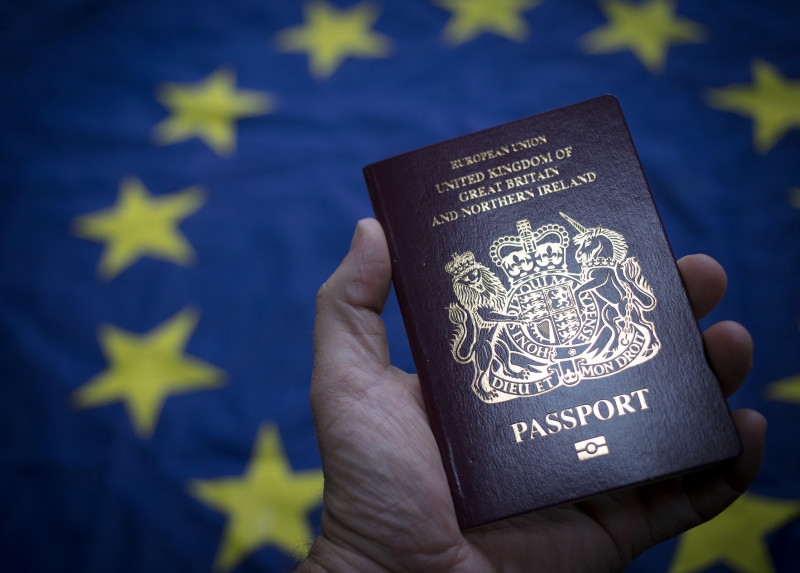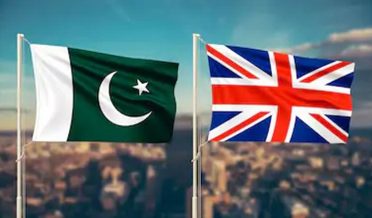The UK Government has three separate agreements with the 31 European countries that accept freedom of movement. Each agreement provides a strong level of protection for British citizens.
The Withdrawal Agreement – guarantees British citizens (who are lawfully resident in EU member states) broadly the same rights as they have now. They can continue to live, work and travel (although these rights would cease after a leave of absence of more than five years). The same would apply to British citizens moving to the EU during the transition period, which is expected to end on 31 December 2020, but it could be extended up to December 2022. This is because freedom of movement would continue to apply during this time.
A separate agreement with Norway, Iceland and Liechtenstein – three countries that are not in the EU but have freedom of movement as part of their membership of the European Economic Area (EEA). This agreement mirrors the offer in the Withdrawal Agreement.

An agreement with Switzerland – not in the EEA but accepts freedom of movement. It mirrors the offer in the Withdrawal Agreement but also covers the rights of British citizens in the event of no deal.
These agreements apply to British citizens who currently live in Europe, or move there during the transition period, but not to British citizens who want to move after the transition has ended.
It is not clear whether British citizens living in EU countries will be able to move freely to other EU countries after Brexit. That will be dealt with in the negotiations on the UK’s future relationship with the EU.
What happens to British citizens in Europe in the case of no deal?
Under a no deal, British citizens would lose their EU citizens’ rights and become third country nationals.

Out of all three agreements, only the UK’s agreement with Switzerland covers the rights of British residents in Switzerland (and vice-versa) in the case of no deal. There are some differences, however. The Swiss Government would cap the number of residence permits (2,100) and short-stay permits (1,400) it would issue to UK citizens seeking work in Switzerland between 31 March and 31 December 2019. It is unclear what the cap would be for 2020.
On 8 February 2019, Norway, Iceland and Liechtenstein agreed to reciprocate the UK offer to their citizens in the case of a no deal. In other words, British citizens currently living and working in these countries would retain broadly the same rights as they do now. British citizens moving after 31 March 2019 would be subject to national provisions for third country nationals, which are less generous in scope. For example, it would be more difficult to live in Norway and Iceland for longer than three months without a work or study permit.
The picture is more mixed for the EU27. In July 2018, the EU ruled that it would be up to member states, and not the EU, to decide what rights to grant British citizens in their countries, so the level of disruption depends on what they do. The EU’s Chief Negotiator for Brexit Michel Barnier confirmed this again in a letter to Brexit Secretary Stephen Barclay on 25 March 2019.

The only exception is for the coordination of social security measures. On 19 March, member states’ representatives in Brussels adopted a text that would allow the UK and EU27 to continue to coordinate social security measures for a limited time after a no deal outcome. The European Parliament also adopted the text on 13 March. How have EU countries guaranteed the rights of British residents in the case of no deal?Croatia is the only EU country that has yet to put its contingency plans for a no deal Brexit in place. The necessary legislation is currently going through Parliament.
Would British residents living in EU27 countries have the same rights in the event of no deal as they would under the Withdrawal Agreement?
In the event of no deal, the UK has said EU citizens already living in the UK would have broadly the same rights as those covered by the Withdrawal Agreement. The biggest differences are:
The deadline for applying for ‘settled status’ will be brought forward by six months to 31 December 2020
Family members of EU residents will be able to move to the UK freely until 29 March 2022. Under the Withdrawal Agreement, they would have three years from the end of the transition period to move to the UK (providing family links have already been established).
There would be no protection from the European Court of Justice or the proposed Independent Monitoring Authority.
Most EU countries have indicated they would reciprocate the UK’s offer to British citizens living there. However, the deadline for registering with local authorities can vary from one country to another.
What about British citizens working and living in Ireland?
The rights of British citizens in Ireland (and vice-versa) are covered under the 1949 Ireland Act, which would continue to apply regardless of whether the UK leaves the EU with a deal. Under this arrangement, British citizens residing in the UK will not need to apply for settled status and their rights will remain the same.
However, both the UK and Ireland have yet to adopt necessary provisions for the automatic recognition of qualifications. Without them, there is a risk that diplomas obtained in the UK are no longer recognised in Ireland, and vice-versa.
What information has the Government given British citizens in Europe?
The Government published a no deal assessment where it recommended British citizens abroad: make sure their passports remain valid register with local authorities exchange their driving licenses (in most member states, foreign licenses only recognised for up to six months) apply for a car insurance Green Card.






